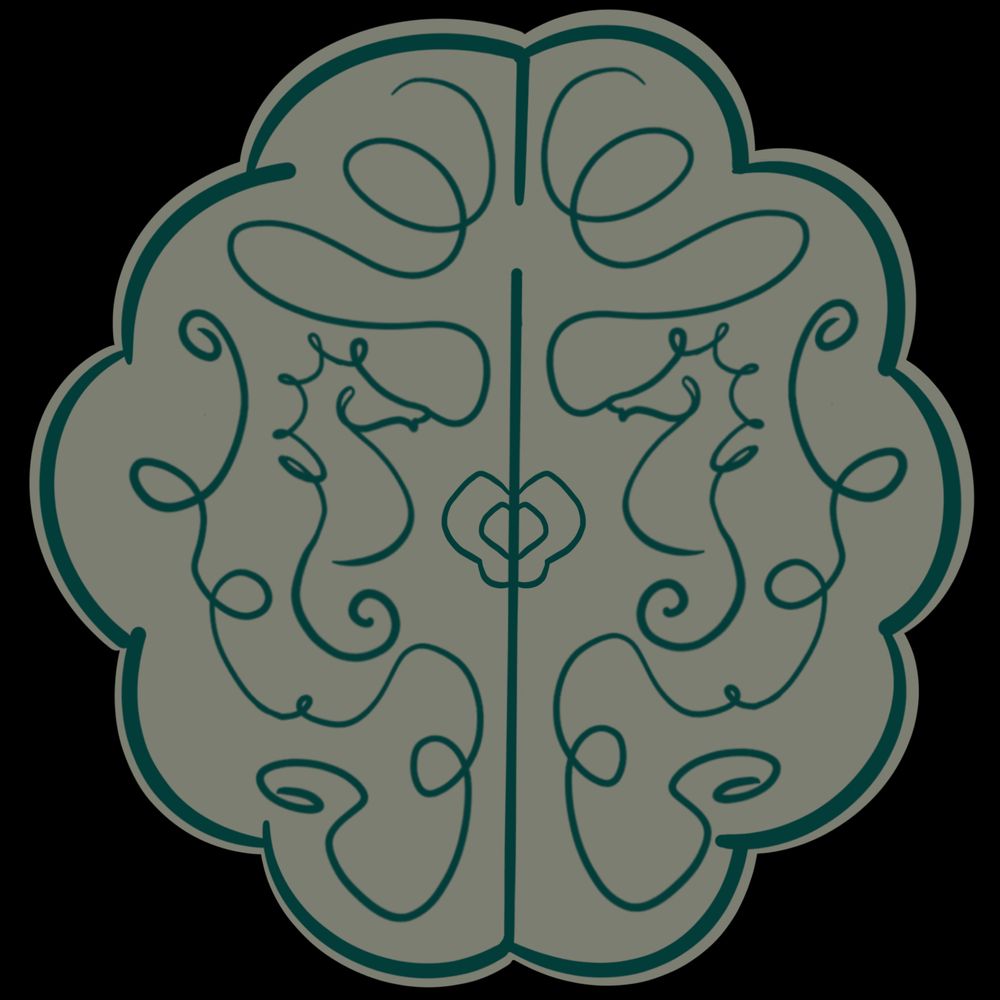Cognitive neuroscientist curious about Motivation and Memory.
https://poh-brainmemlab.github.io/BrainMemLab/

doi.org/10.1146/annu...
#psychscisky #neuroskyence

Computational modeling of error patterns during reward-based learning show evidence that habit learning (value free!) supplements working memory in 7 human data sets.
rdcu.be/eQjLN

Computational modeling of error patterns during reward-based learning show evidence that habit learning (value free!) supplements working memory in 7 human data sets.
rdcu.be/eQjLN
psycnet.apa.org/record/2026-...
The short answer to the title, "What Makes Memories Vivid?" is ... meaning!


psycnet.apa.org/record/2026-...
The short answer to the title, "What Makes Memories Vivid?" is ... meaning!
An amazing set of resources for all scientists working on the brain!
🧠 Immersive feature:
www.nature.com/immersive/d4...
🧠 Perspective:
www.nature.com/articles/s41...

An amazing set of resources for all scientists working on the brain!
🧠 Immersive feature:
www.nature.com/immersive/d4...
🧠 Perspective:
www.nature.com/articles/s41...
"Sleep Reactivity Amplifies the Impact of Pre-Sleep Cognitive Arousal on Sleep Disturbances"
Led by Noof Shaif /w Ju Lynn Ong, Julian Lim, Anthony Reffi, and Michael Chee
onlinelibrary.wiley.com/doi/full/10....

"Sleep Reactivity Amplifies the Impact of Pre-Sleep Cognitive Arousal on Sleep Disturbances"
Led by Noof Shaif /w Ju Lynn Ong, Julian Lim, Anthony Reffi, and Michael Chee
onlinelibrary.wiley.com/doi/full/10....
A neural state space for episodic memories
www.sciencedirect.com/science/arti...
#neuroskyence #psychscisky #cognition 🧪

A neural state space for episodic memories
www.sciencedirect.com/science/arti...
#neuroskyence #psychscisky #cognition 🧪
www.nationalacademies.org/en/event/451...
See this thread for Day 1 highlights, and the next post for Day 2.
Agenda: 16 presentations + overviews, discussions, recaps and reviews.
www.nationalacademies.org/en/event/451...

www.nationalacademies.org/en/event/451...
See this thread for Day 1 highlights, and the next post for Day 2.
www.scripps.edu/news-and-eve...

www.scripps.edu/news-and-eve...

www.nature.com/articles/s41...

www.nature.com/articles/s41...
www.biorxiv.org/content/10.1...
www.biorxiv.org/content/10.1...

Link here:
www.biorxiv.org/content/10.1...

Link here:
www.biorxiv.org/content/10.1...

A trial of 115 adults found that heart rate variability biofeedback cut cravings, negative mood, and substance use by over 60%, supporting recovery efforts.
🔗 doi.org/10.1001/jama...
#Addiction #Recovery #SciComm 🧪

A trial of 115 adults found that heart rate variability biofeedback cut cravings, negative mood, and substance use by over 60%, supporting recovery efforts.
🔗 doi.org/10.1001/jama...
#Addiction #Recovery #SciComm 🧪

We adopt a network neuroscience approach to understand how arousal reconfigures large-scale functional network organization to support memory of complex narratives!
We adopt a network neuroscience approach to understand how arousal reconfigures large-scale functional network organization to support memory of complex narratives!
www.annualreviews.org/content/jour...

www.annualreviews.org/content/jour...
doi.org/10.1146/annu...
#psychscisky #neuroskyence

doi.org/10.1146/annu...
#psychscisky #neuroskyence
HippoMaps: multiscale cartography of the human hippocampus
Open-source tools & data to explore structure and function of the 🍤🧠 (histology, in/ex vivo MRI, iEEG)
Led by @jordandekraker.bsky.social
docs: hippomaps.readthedocs.io
paper: doi.org/10.1038/s415...

HippoMaps: multiscale cartography of the human hippocampus
Open-source tools & data to explore structure and function of the 🍤🧠 (histology, in/ex vivo MRI, iEEG)
Led by @jordandekraker.bsky.social
docs: hippomaps.readthedocs.io
paper: doi.org/10.1038/s415...
authors.elsevier.com/a/1lsO73QW8S...
authors.elsevier.com/a/1lsO73QW8S...
How can the brain create countless unique memories using a single, universal metric of space? We’ve been waiting for the answer to this for two decades!
Read it here:
www.biorxiv.org/content/10.1...
How can the brain create countless unique memories using a single, universal metric of space? We’ve been waiting for the answer to this for two decades!
Read it here:
www.biorxiv.org/content/10.1...
Only a year late, but I am now at the NUS Centre for Sleep and Cognition, where I will be directing the Dynamic Brain & Memory lab!

Only a year late, but I am now at the NUS Centre for Sleep and Cognition, where I will be directing the Dynamic Brain & Memory lab!

